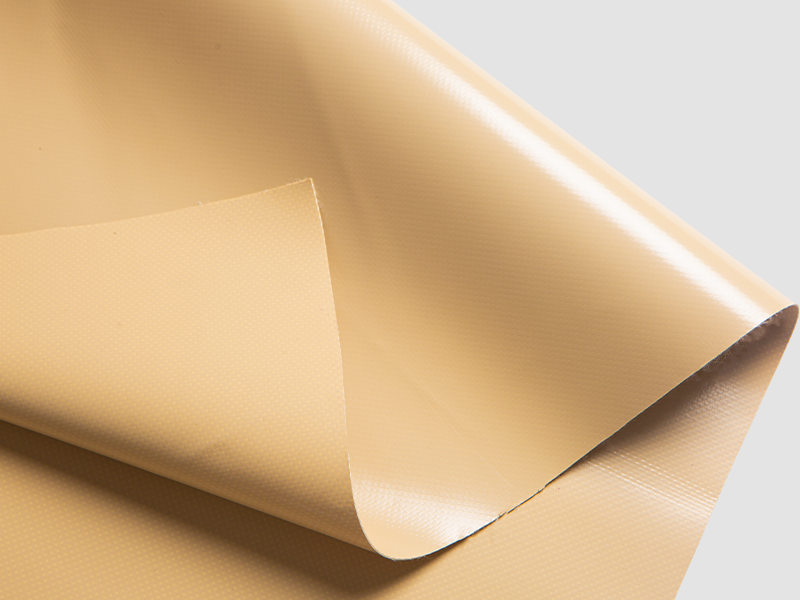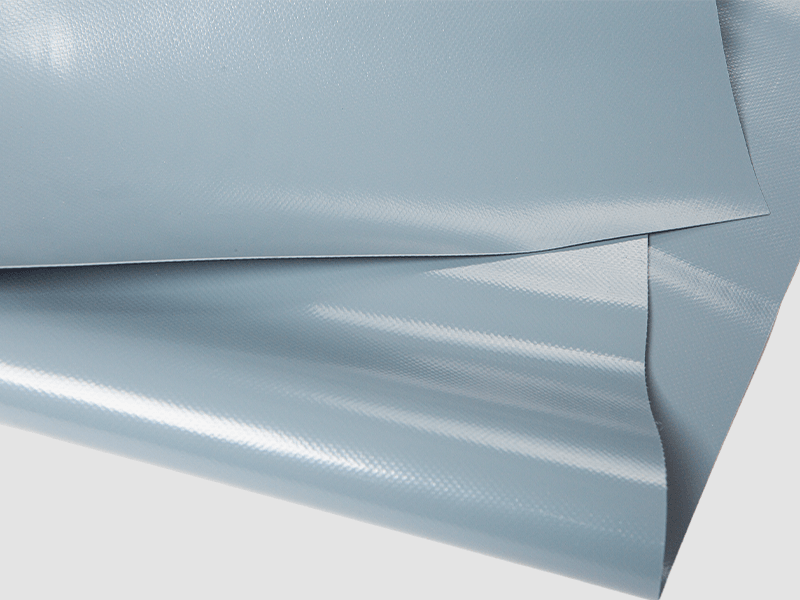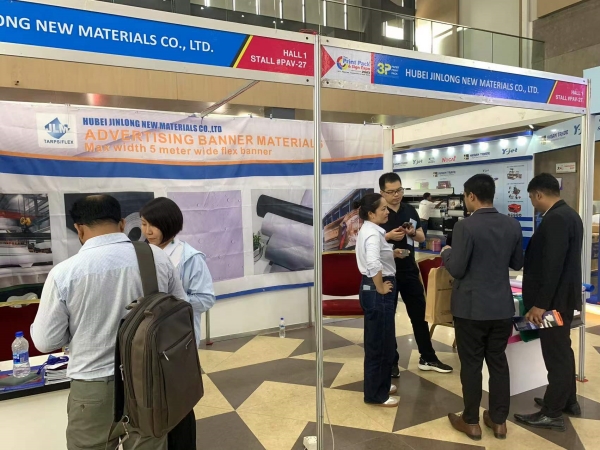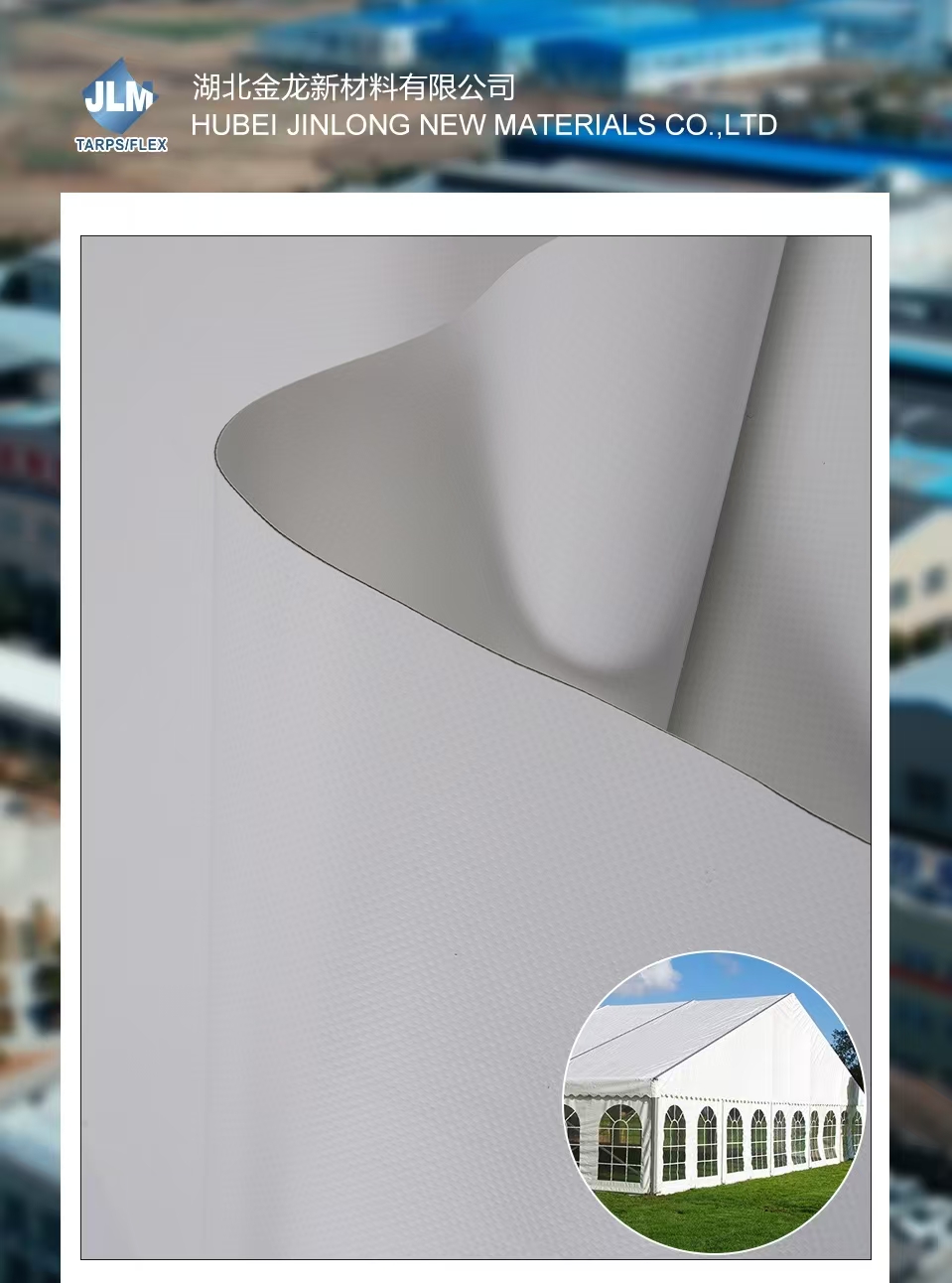In modern architecture and outdoor design, canopies play an essential role in providing shade, protection from the elements, and aesthetic appeal. Among the various materials used for canopy construction, PVC tensile fabric has emerged as a popular and highly effective choice. Known for its strength, versatility, and visual appeal, PVC tensile fabric offers numerous advantages that make it ideal for both temporary and permanent canopy structures.
1. Exceptional Durability and Strength
One of the most significant benefits of using PVC tensile fabric for canopies is its high tensile strength . The material is typically composed of a polyester base fabric coated with polyvinyl chloride (PVC), which gives it excellent resistance to tearing and stretching. This makes it suitable for use in large-span structures where traditional materials might fail under stress. Additionally, PVC tensile fabric can withstand harsh weather conditions such as strong winds, heavy rain, and even snow, making it a reliable option for all-season outdoor canopies.
2. Waterproof and Weather Resistant
PVC-coated fabric is inherently waterproof , ensuring that the canopy provides complete protection against rain and moisture. This waterproofing capability also helps prevent mold and mildew growth, which can be a common issue with less durable materials. Moreover, PVC tensile fabric is treated to resist UV radiation, preventing degradation due to prolonged sun exposure. This UV resistance significantly extends the lifespan of the fabric, maintaining its structural integrity and appearance over time.
3. Lightweight and Easy to Install
Despite its strength, PVC tensile fabric is relatively lightweight , which simplifies transportation and installation. This characteristic is particularly beneficial for temporary or modular canopy structures that need to be erected quickly or relocated frequently. The lightweight nature of the material also reduces the load on supporting structures, allowing for more creative and open architectural designs without the need for heavy support systems.
4. Aesthetic Flexibility and Design Freedom
PVC tensile fabric offers a wide range of design possibilities . It can be manufactured in various colors and finishes, including translucent options that allow natural light to filter through while still providing UV protection. This feature is especially valuable in applications like shopping centers, public plazas, and sports facilities, where lighting and ambiance are important considerations. The flexibility of the material also allows for the creation of unique and dynamic shapes, enabling architects and designers to push the boundaries of traditional canopy design.
5. Cost-Effective Solution
When compared to traditional building materials like metal or concrete, PVC tensile fabric can be a more cost-effective solution for canopy construction. Its relatively low material cost, combined with reduced labor and installation expenses, makes it an economical choice for both small-scale and large-scale projects. Furthermore, the long lifespan and minimal maintenance requirements of PVC fabric contribute to its overall value, reducing long-term costs associated with repairs and replacements.
6. Low Maintenance Requirements
Maintaining a PVC tensile fabric canopy is straightforward and requires minimal effort. The smooth surface of the fabric resists dirt buildup, and regular cleaning with water and mild detergent is usually sufficient to keep it looking new. Unlike wood or metal canopies, PVC fabric does not require painting, sealing, or rust prevention treatments, further lowering maintenance demands and costs.
7. Sustainability and Environmental Benefits
Modern PVC tensile fabrics are increasingly being produced with sustainability in mind. Some manufacturers offer eco-friendly versions of the material that incorporate recycled content or are designed for recyclability at the end of their lifecycle. Additionally, the energy efficiency of PVC fabric—especially when used in translucent canopies—can reduce the need for artificial lighting during daylight hours, contributing to lower energy consumption and carbon emissions.
8. Fire Retardant Properties
Safety is a critical consideration in any architectural application. Many PVC tensile fabrics come with fire-retardant treatments , meeting international safety standards for flammability. This feature makes them suitable for use in public spaces, commercial buildings, and event venues where fire safety regulations are strict.
PVC tensile fabric offers a compelling combination of durability, functionality, aesthetics, and cost-efficiency, making it an excellent choice for canopy applications. Whether used in commercial, residential, or industrial settings, this versatile material enhances both the performance and visual appeal of canopy structures. As architectural design continues to evolve, PVC tensile fabric remains a forward-thinking solution that meets the needs of modern construction while offering long-term value and sustainability.



 English
English русский
русский Français
Français Español
Español




















